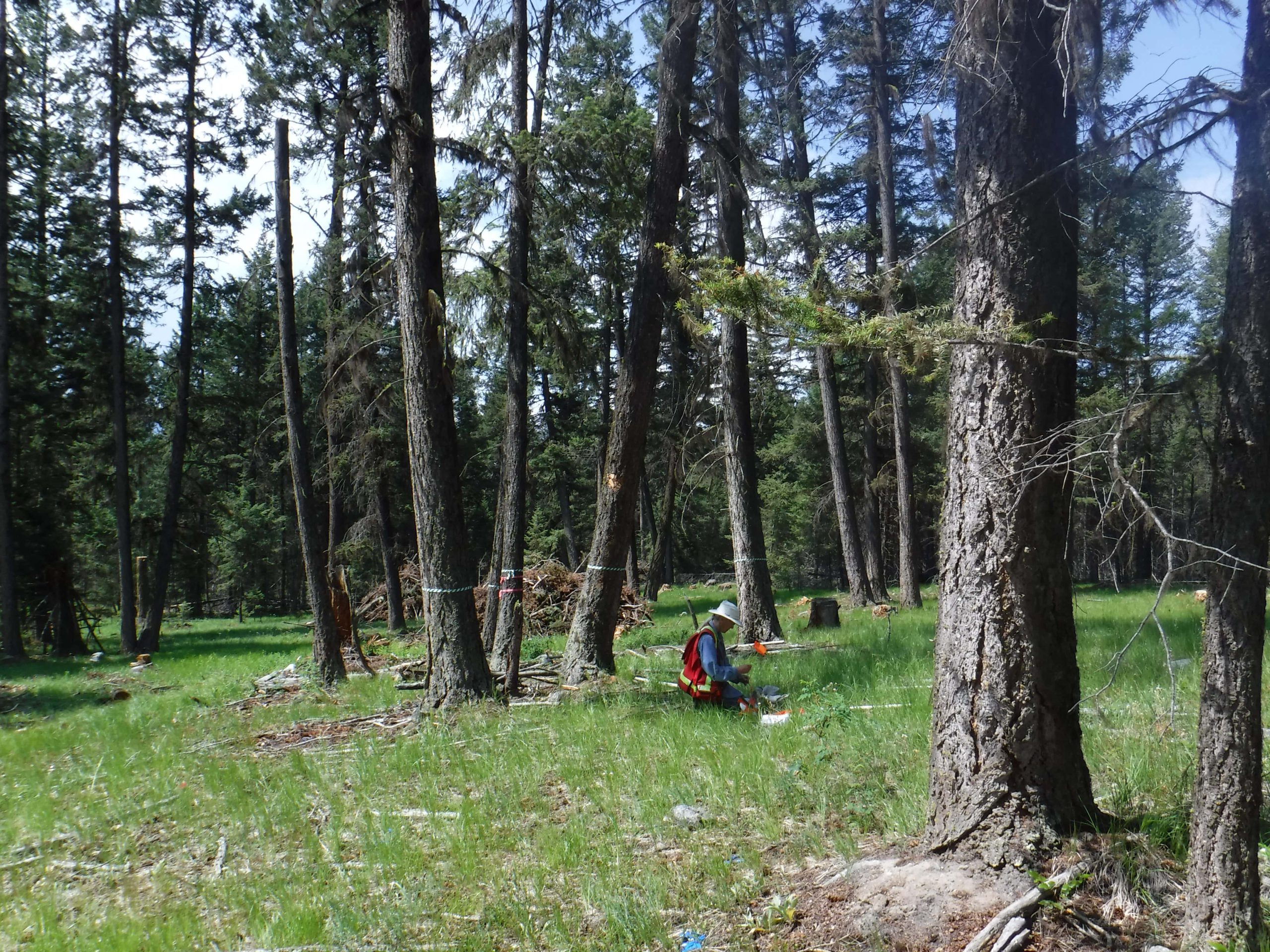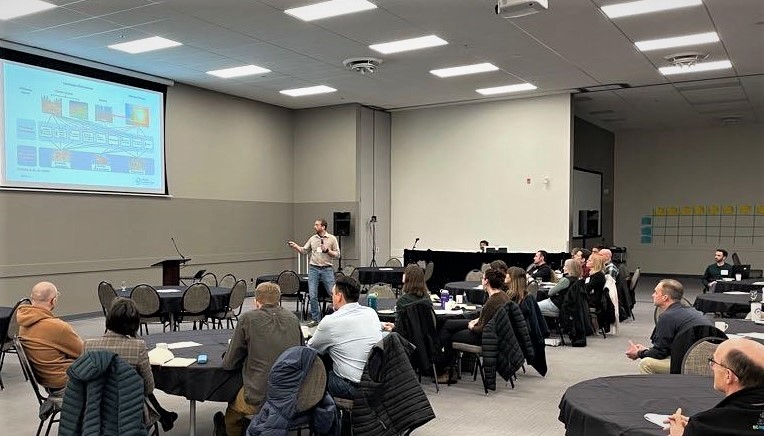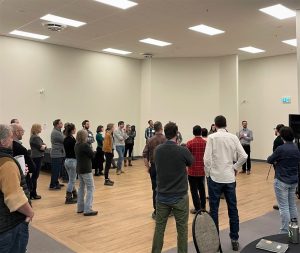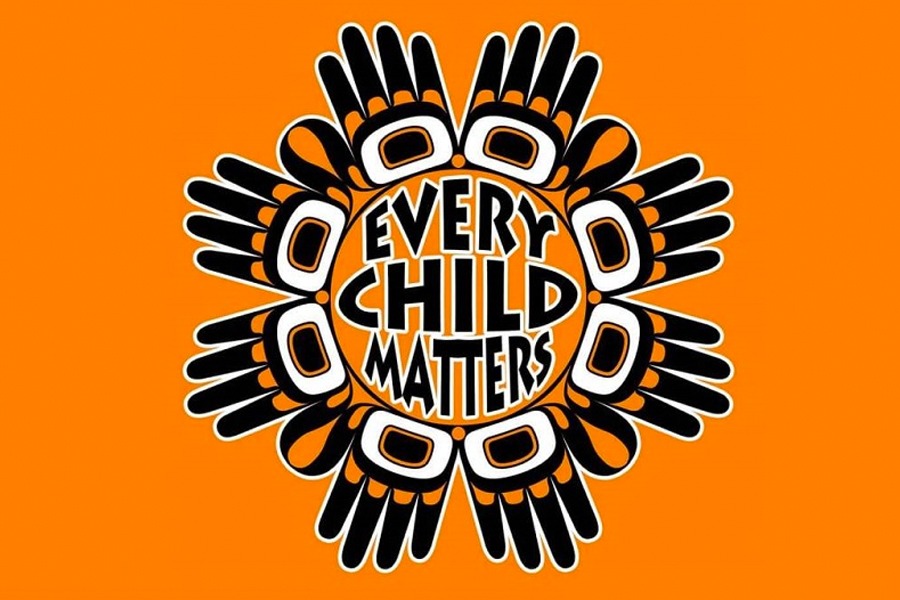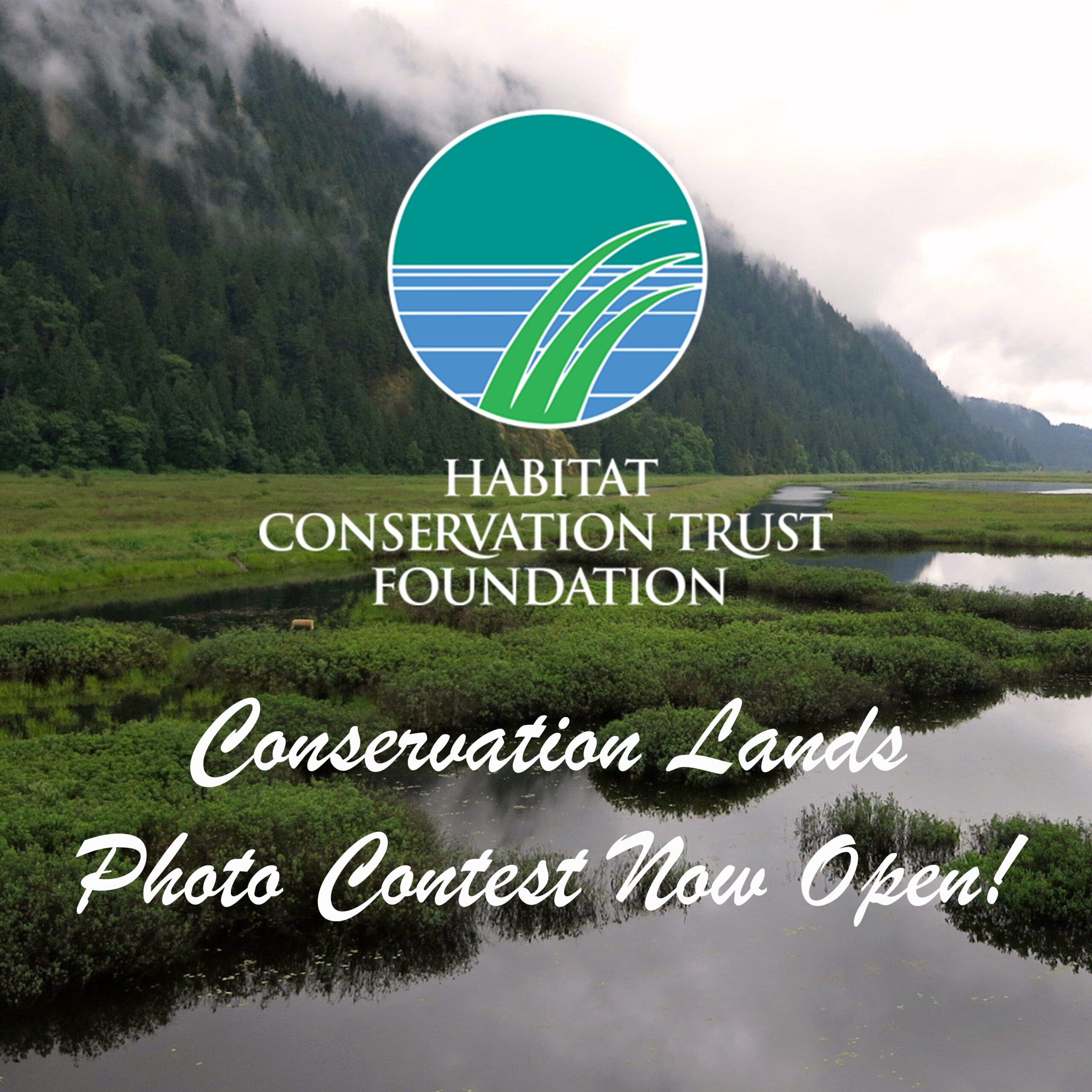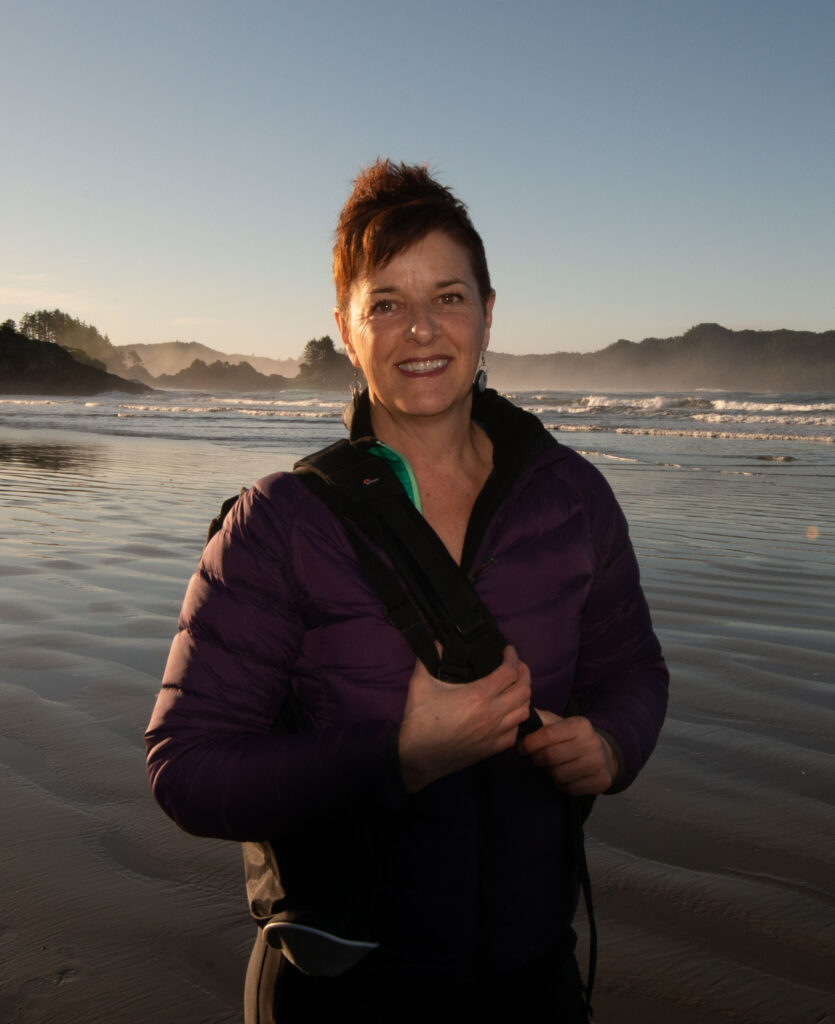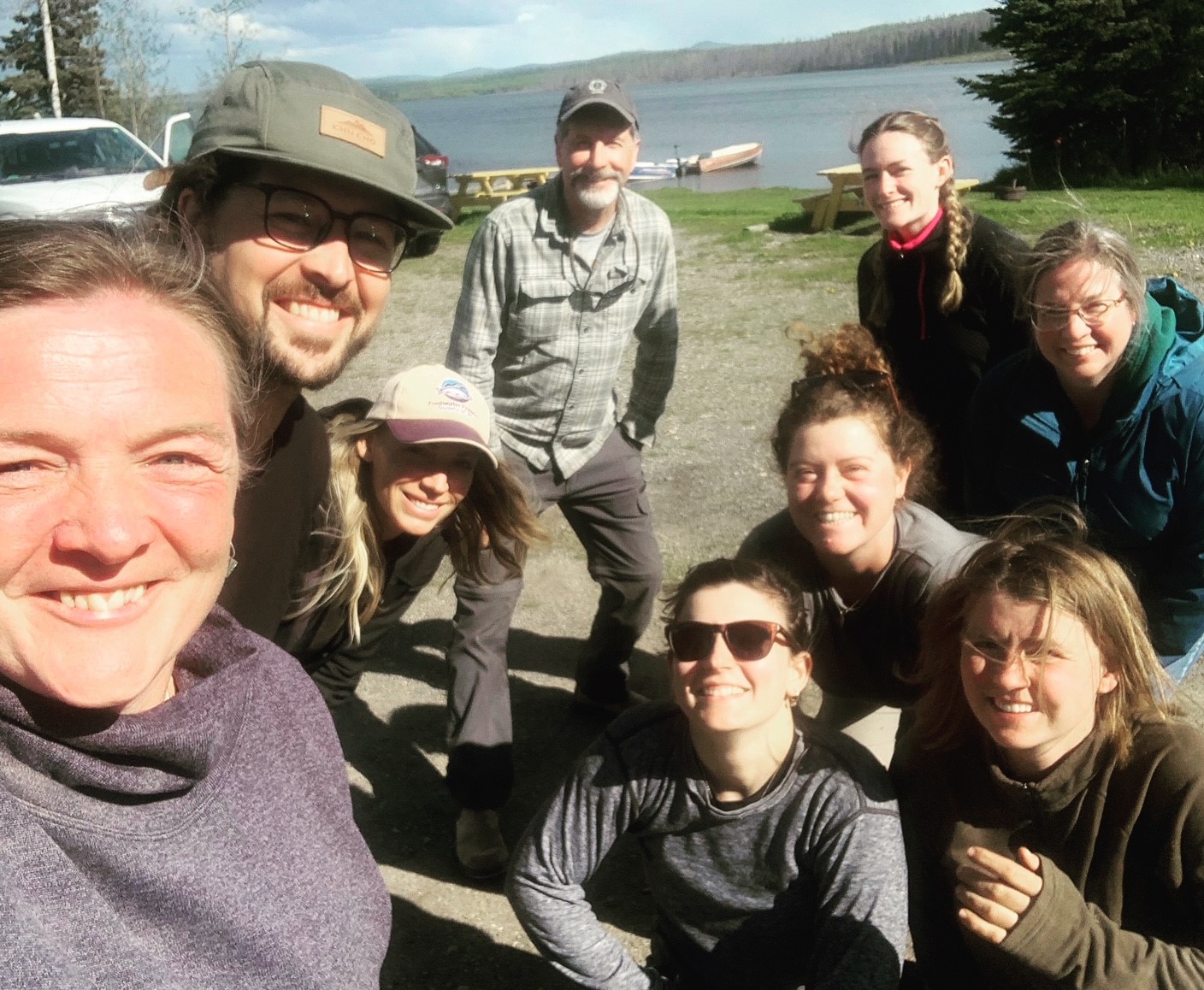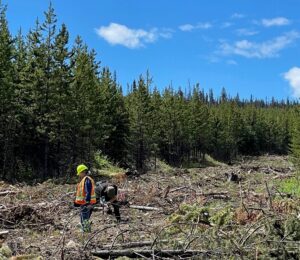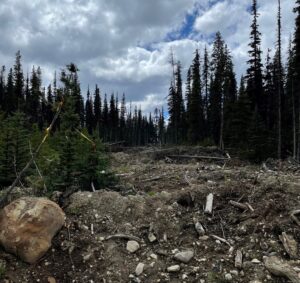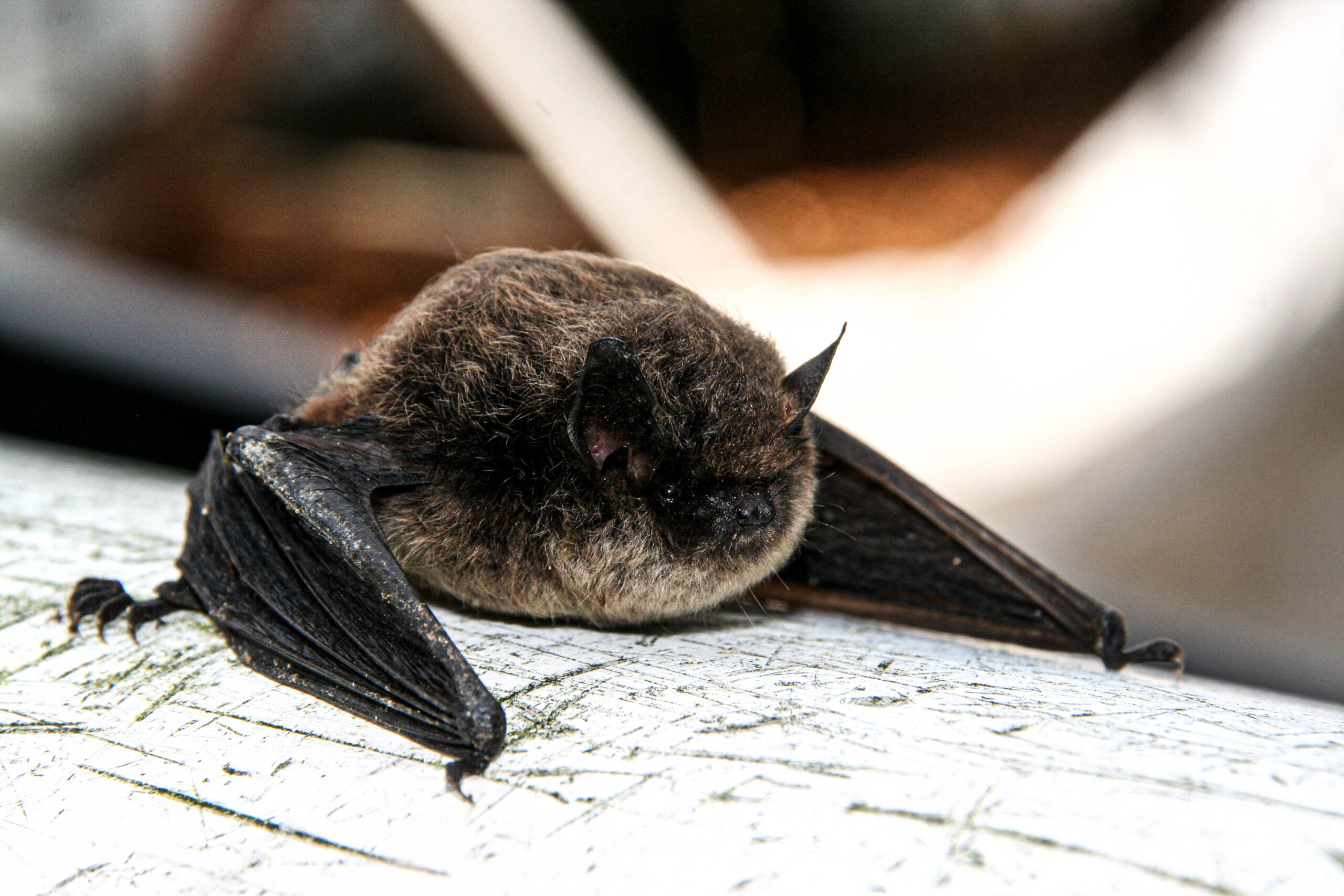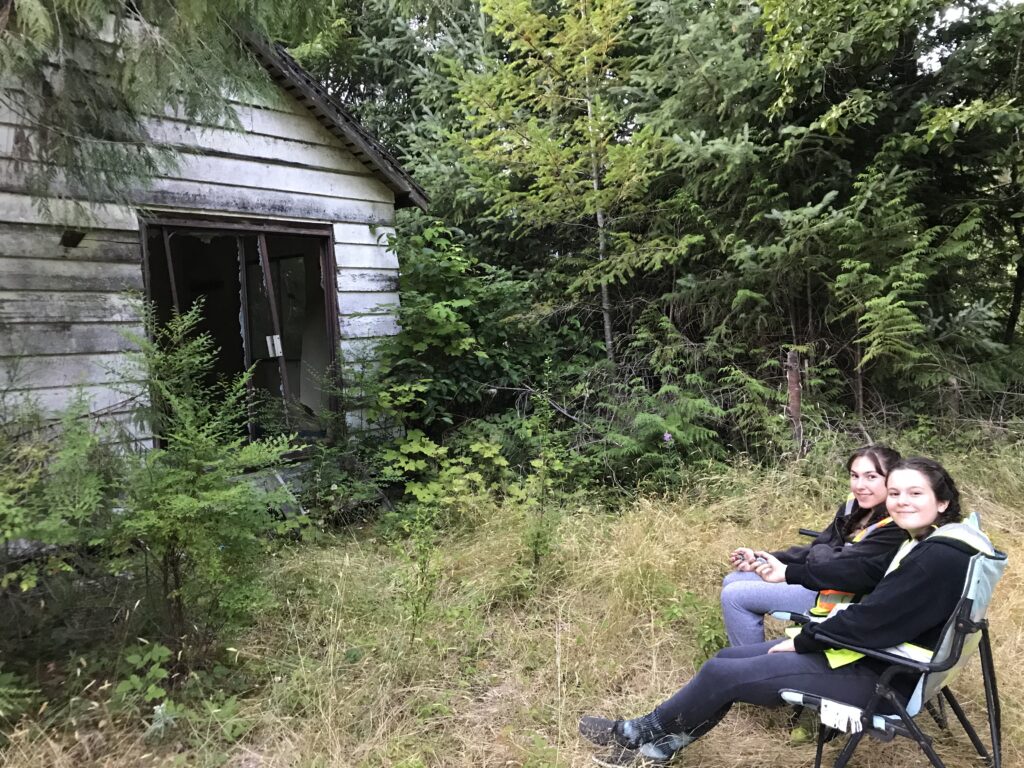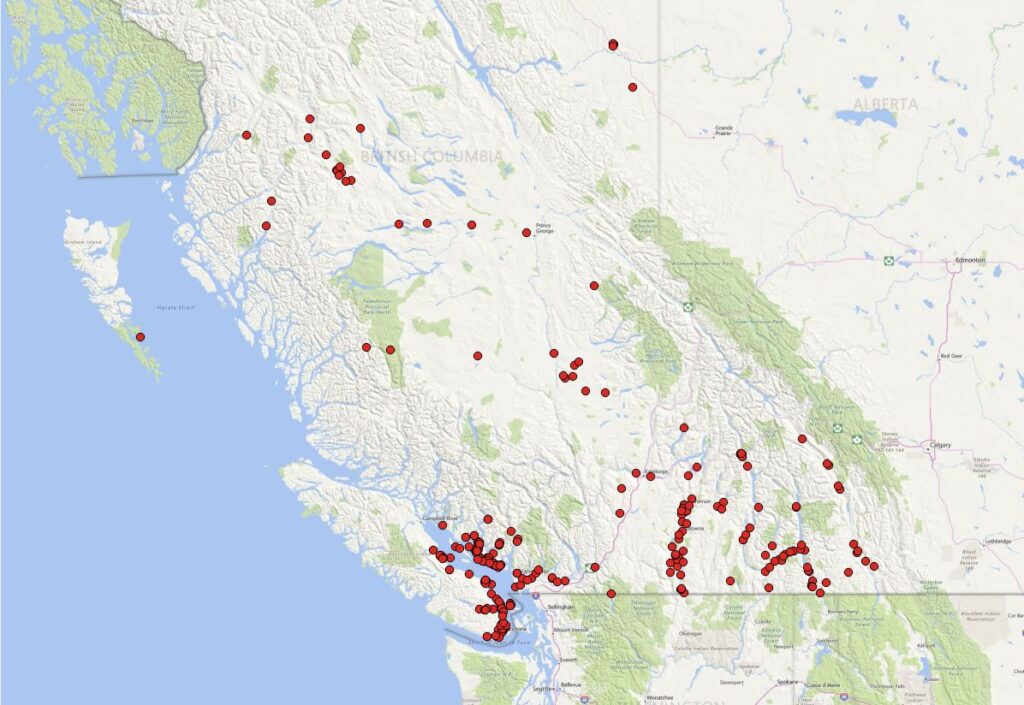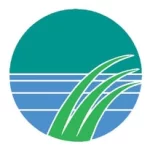The Habitat Conservation Trust Foundation (HCTF) and the Forest Enhancement Society of B.C. (FESBC) are celebrating a remarkable partnership that has helped enhance wildlife habitat throughout British Columbia. Since 2017, the collaborative partnership has supported 117 wildlife habitat enhancement projects, and as the partnership enters its final years of co-funding projects, the impact of the combined efforts will continue to resonate for years to come.
“British Columbia is the most biodiverse province in Canada. Healthy ecosystems and biodiversity are not only essential for our health, but also protect the environment, support our economy, and create strong communities,” said Nathan Cullen, Minister of Water, Land and Resource Stewardship. “Thanks to the excellent work done by the Forest Enhancement Society and Habitat Conservation Trust Foundation enhancement and restoration of our valuable provincial habitats is a promise we can deliver to our children and future generations.”
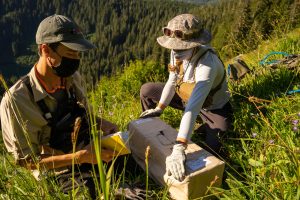
Releasing a Vancouver Island marmot – Marmot Recovery Foundation
In 2016, FESBC was established with one of its key purposes to help improve wildlife habitat within B.C.’s forests. Recognizing the nearly four decades of expertise and proven track record of HCTF in terrestrial ecosystem and biology management, it became clear that a collaborative partnership was the way to help achieve this purpose. HCTF has exceptional expertise and funding administration capabilities, plus established systems for project solicitation, evaluation, and adjudication.
FESBC Executive Director Steve Kozuki said “HCTF has done an outstanding job of connecting with local habitat experts around the province to do the work that needs to be done in order to provide the biggest benefits for wildlife. As pressures on wildlife continue to increase, this work is more important than ever.”
Projects funded through this partnership have not only focused on forest health and evaluating the habitat and wildlife response to fire but also on creating better conditions for wildlife. For example, a multi-year prescribed burn program to restore and enhance Stone’s Sheep habitat by increasing the quantity and quality of forage and reducing the tree density of the forest to allow easier traverse between forage areas. These improvements have also led to increased forest recreation opportunities for people and healthier, more resilient ecosystems that can better withstand diseases, insects, and climate change.
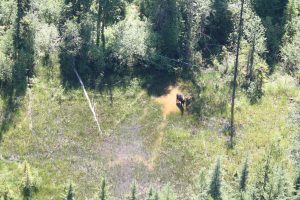
Moose cow and calf during calf-at-heel surveys
“For over seven years, the HCTF and FESBC partnership has funded forestry-focused conservation work in B.C. and is a testament to the power of collaboration with our grant recipients who lead a diversity of projects supporting multiple values,” said Dan Buffett, CEO of HCTF. “The projects funded through this initiative over the last several years have yielded incredible outcomes, not only for forest ecosystems but a wide range of wildlife and many B.C. communities.”
This year nine projects are receiving funds through the FESBC and HCTF partnership, including:
- $71,036 for the protection of bat colonies in the Lower Mainland from white-nose syndrome.
- $48,795 for protection and enhancement of wildlife habitat on Salt Spring Island.
- $66,401 to evaluate how wildfires affect owls in the Thompson-Okanagan region.
- $149,775 to enhance and restore wild sheep habitat in the Peace region through prescribed fire.
- $81,170 to identify the effects of landscape change on moose health and forestry management in central B.C. through field surveys and lab analysis.
- $30,480 for stewardship and restoration work of riparian black cottonwood forests of the Kettle River Watershed in the Boundary region, a rare ecosystem with several species at risk.
The FESBC-HCTF partnership exemplifies how collaborative efforts can lead to significant environmental and community benefits. As the two organizations look toward the future, the lessons learned from this partnership will continue to guide efforts in forest and wildlife habitat management.
See HCTF’s 2024-25 Approved Project list, highlighting FESBC co-funded projects, here.


